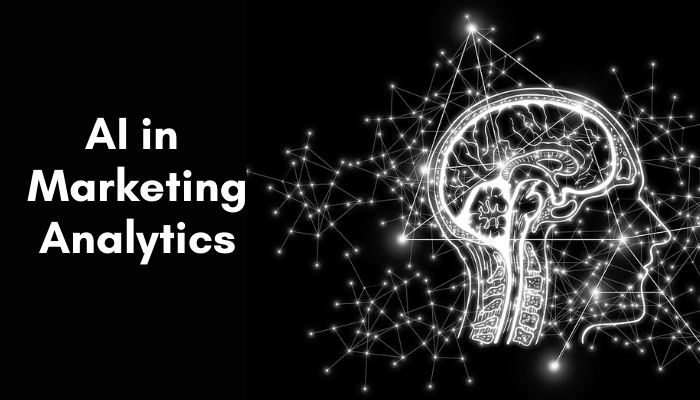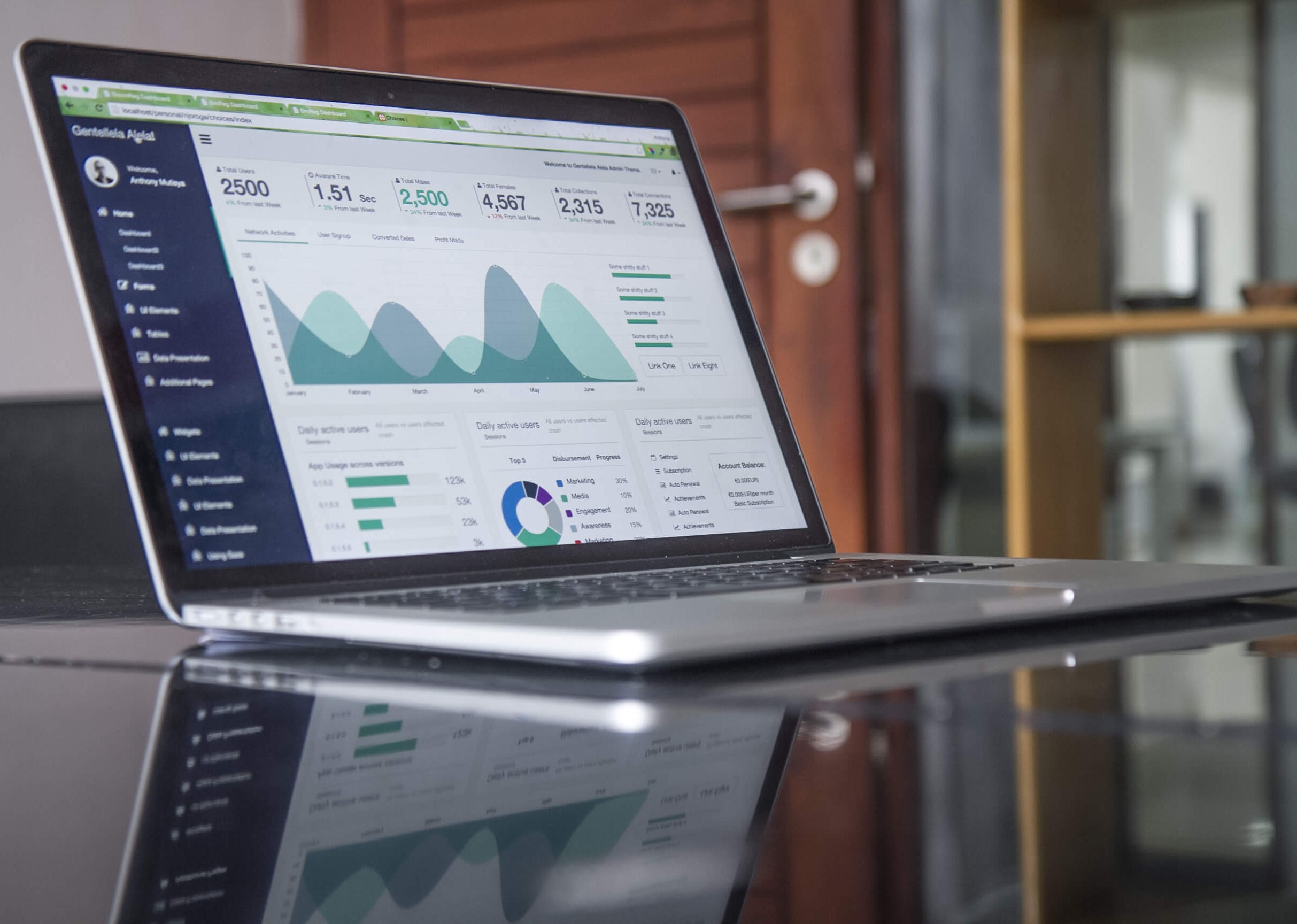How AI is used with Marketing Analytics to give better results?

Around 150 marketing tools were used by marketers in 2011. At present, the number is over 5000. Customers were only a single data source in the earlier 2000s, and today we have richer data of every customer. AI-powered tools are in requirement for faster data analysis and automated predictive analytics.
The influence of AI in marketing is getting broader. A study from smart insights showed that out of 100 senior marketers from different sectors, 55% of their companies are implementing or considering AI in marketing.
Now, we will go through a few of the details where AI is becoming a crucial area in Marketing Analytics.
1. AI simplifies analytics and makes interpretation easier
Simplified interfaces that users can easily interpret are notably better than spreadsheets. Ease of analytics helps businesses in solving problems faster and rely less on a dedicated marketing analytics team.
AI-powered solutions can convert complex Google Analytics results into an easily understandable phrase where even a non-technical person can interpret those results and make a required business decision.
2. AI helps in combining different data sources, identifying patterns, & forecasting future outcomes.
With the help of past consumer data, AI can learn user behavior and determine the probable course of action that a customer will do in the future. With such predictive automated analytics, marketers can push relevant marketing strategies into their prospects with higher chances of making the sale.

According to MeMSQL, 61% of marketers say artificial intelligence is the most crucial aspect of their data strategy.
3. AI enables automated decision management
Manual analysis and implementation take time, extensive resources, which are not scalable. AI solutions and techniques can be utilized to develop models that combine analytics and decision-making for effectively improving marketing.
For instance, recommendation engines can be utilized for analyzing the effectiveness of recommendations in real-time and fine-tune it accordingly. These personalized and targeted campaigns provide users with exactly what they need rather than irrelevant campaigns and offers.
4. AI to know what works and what doesn’t
AI can help you in forecasting outcomes and taking a successful course of action.
For instance, AI-solutions can do data analysis from hundreds of competitor sources and track insights from pricing to their customer reviews, marketing campaigns, media channels the competitors are using, and much more. AI-powered solutions can predict what works and what doesn’t.
5. AI helps in gaining insights into customers opinions and preferences
The purpose of marketing analytics is to obtain insights and have a deep understanding of consumer preferences. Marketers desire to determine consumer likings and their opinions about the products. Intelligent Chatbots can be the primary mode of communications on consumer queries and services.
According to Grand View Research, 45% of end-users prefer chatbots as the primary mode of communication for consumer service inquiries.
Moreover, Natural Language processing can help businesses in analyzing mountains of reviews and compile those findings in simple words. This gives marketers real insights into customer satisfaction and dissatisfaction.